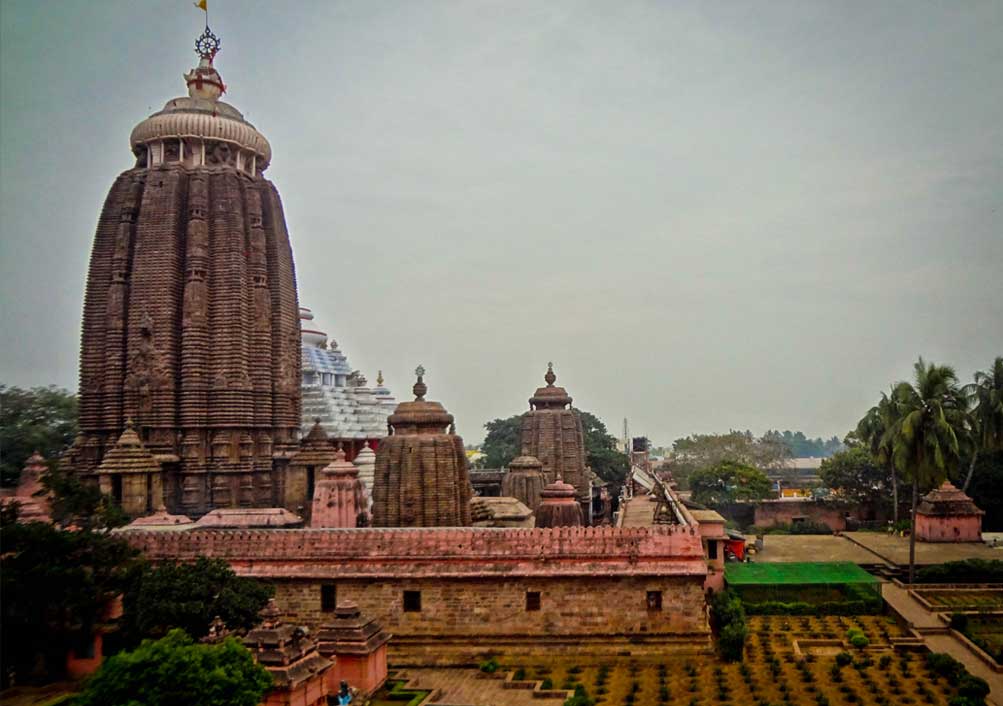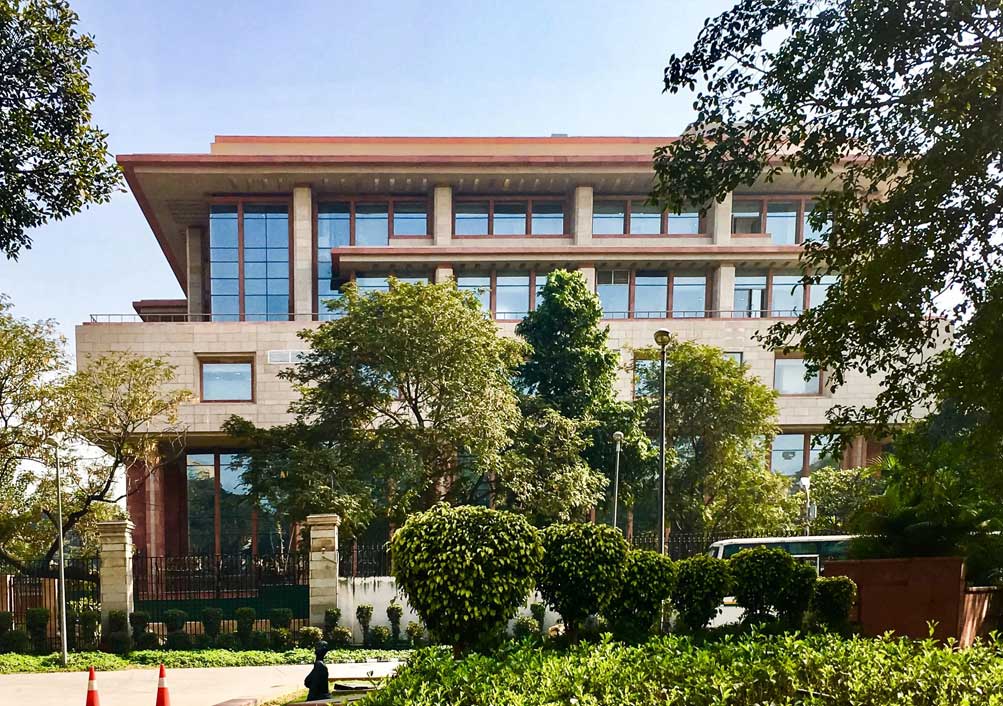No ‘rath yatra’ at places other than Jagannath Puri, Supreme Court dismisses plea

LE Desk
New Delhi, July 6, 2021: The Supreme Court today dismissed pleas seeking permission to conduct ‘Rath Yatras’ at various places other than Puri’s Jagannath temple in Odisha, saying it cannot ‘take chance’ in view of the fact that the COVID-19 pandemic killed more people this year.
The top court was hearing petitions challenging the Orissa High Court’s order by which the state government’s decision, disallowing ‘Rath Yatra’ at places, other than Puri, was permitted, reported news agency PTI.
During the hearing, Chief Justice N V Ramana, who was heading the bench, said, “I also want to go to Jagannath Puri. I have not been there for last one-and-half years. I do ‘puja’ everyday at my home… We are not experts. The government has taken a decision. You and I are not the people who can say as to how we are going to be affected”.
“We do not want to take chance… we have to watch it on TV. Sorry, we are dismissing it. I also feel bad. We hope and trust that the God will help us next time,” the CJI said.
The Rath Yatra of Lord Jagannath in Puri and at other places is an annual ritual and this time, it is scheduled for July 12. Solicitor General Tushar Mehta, appearing for the Centre, said there was a complete prohibition on Rath Yatra, but the Supreme Court permitted it last year with certain conditions by its June 22, 2020 orders.
The law officer said this year the state government permitted ‘Rath Yatra’ in Jagannath Puri temple only, and the court may consider granting the nod for other places as well with certain conditions as the ‘Rath Yatra’ have been conducted for centuries in the state and “this way both religious sentiments and health of people will be protected”, reported PTI.
When one lawyer submitted that the situation has improved and there should be permission for such religious yatras at other places, the bench, also comprising Justices A S Bopanna and Hrishikesh Roy, said, “This year more people died than the last year.”
Advocate General of Odisha Ashok Parija said the case of Puri was different from other places and hence the state has allowed it at Puri and disallowed the same at other places.
Rituals, other than Rath Yatra have been permitted to be conducted in other temples in the state, the state law officer said in the hearing conducted through video conferencing.
“Permission for other temples would open the flood gates as such yatras are being conducted in every village and the government will not be able to monitor this,” the advocate general said.
At the outset, advocate Ranjeeta Rohatgi, appearing for ‘Odisha Vikas Parishad’, said the organisation had filed the plea last year and it does have any pending grievances and urged the bench not to entertain others’ pleas with the old case, reported PTI.
Earlier, the Orissa High Court had declined permission for holding Rath Yatras at other places saying that Puri “constitutes a class apart”.
“These are extraordinary times in which not just Odisha but the entire country is barely recovering from the second wave of the deadly Covid pandemic. The measures and precautions taken by the State of Odisha have to be viewed in the said context. Consequently, this Court is not inclined to entertain any of the prayers in any of the above writ petitions, praying for permission to hold their respective Rath yatras/festivals on parity with the temple of Lord Jagannath at Puri,” the high court had said.
Recently, another plea was filed by NGOs Biswo Go Surakhya Bahinee and Dharma Rakhya Sena, through advocate Vishnu Shankar Jain. It said the ritual of Rath Yatra has been observed in temples in a traditional manner across the state for centuries.
“It is worth to mention here that the temple of Lord Baldev Jew Kendrapada is an ancestral temple in the state of Odisha having more importance after the temple of Lord Jagannath Bije Puri and due to this Kendrapada is called as Tulasi Kshetra,” it said. The petitioners had sought a stay of the June 23 order of the High Court.
Sign up for our weekly newsletter to stay up to date on our product, events featured blog, special offer and all of the exciting things that take place here at Legitquest.




Add a Comment